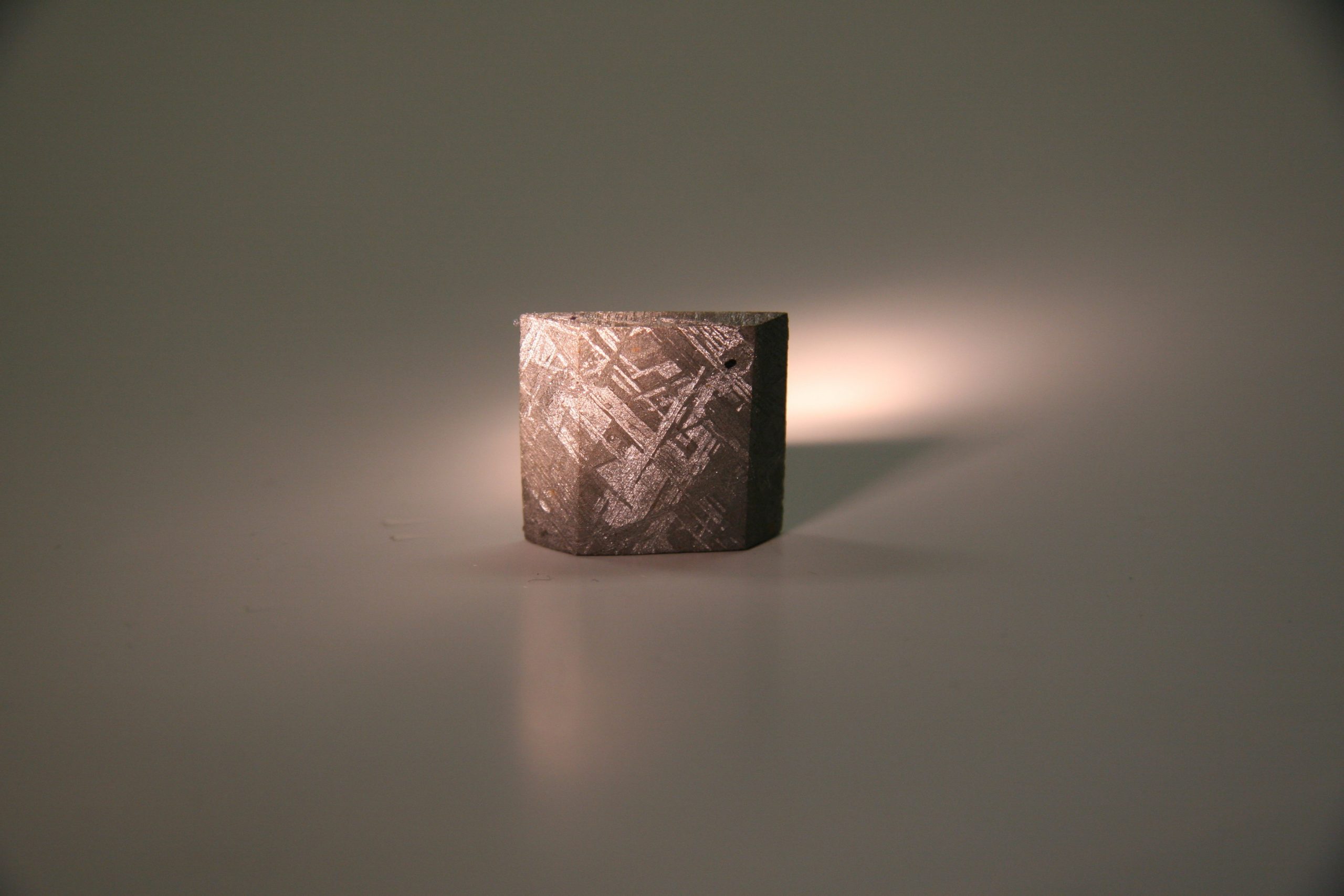There is a great deal of research taking place worldwide which seeks to find and develop novel materials that can replace nonrenewable resources. Magnetic materials are one such class of materials. Magnetic materials are used in machines and devices indispensable to our daily lives, such as information and telecommunications devices like smart phones and PCs, as well as home appliances, such as microwaves and refrigerators, as well as in industrial machinery and medical equipment, like MRI systems.
Neodymium magnets, in particular, are required for a wide range of applications. Neodymium magnets are made from “rare earth” elements found in ocean floor mineral resources. Thus, mining for rare earth elements takes place all over the world.
In order to protect the earth’s resources, researchers are urgently working to develop novel materials which will free us from dependence on rare earth elements, and one such novel magnetic material which researchers in the Kotsugi Laboratory have succeeded in synthesizing is L10-ordered FeNi alloy. This advanced material is attracting attention as a possible alternative for neodymium magnets.
To facilitate their work, the researchers in the Kotsugi Laboratory studied magnetic material contained in a meteorite from outer space. The 4.6 billion year old meteorite was found to contain iron with outstanding magnetic properties.
Kotsugi Laboratory researchers have developed a device which creates the orderly crystalline structure of this iron meteorite. Using this, they were able to artificially produce an advanced magnetic material: L10-ordered FeNi alloy.

Conventional automobiles burn gasoline to run. However, burning gasoline produces ozone layer-depleting carbon dioxide and toxic nitrogen oxide; thus, there is a need for more environmentally friendly and human health-friendly electric cars and hybrid cars.
Electric cars and hybrid cars use neodymium magnets. Unfortunately, neodymium magnets require scarce and expensive rare earth materials to produce. As long as we are dependent upon hard-to-obtain rare earth materials, it will be difficult to achieve widespread adoption of electric and hybrid cars. But the L10-ordered FeNi alloy produced by the Kotsugi Laboratory may be able to contribute to the widespread adoption of electric and hybrid cars in the future.
L10-ordered FeNi alloy is also being discussed as something which could revolutionize next-generation manufacturing for a variety of electronics, including computers, telecommunications devices and automatic control equipment.
Moreover, the Kotsugi Laboratory is offering the crystalline structure of L10-ordered FeNi alloy as visible information data to be utilized by materials referencing and analysis systems powered by AI (artificial intelligence). This will no doubt greatly improve the efficiency of future research into novel materials.
■ Main research content